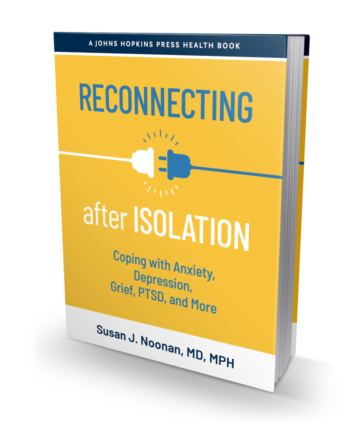 A reader wrote in a very good question today that has to do with rumination. You might wonder what that is exactly. Rumination is a process where you repeatedly mull over something in your mind from the past or something you fear is about to happen; where you think very carefully and at length about the thing that is bothering you. It is usually different from “reflecting” on the moment, event or person, which is a healthy practice of seeing the pros and cons of a life experience in a balanced approach. Rumination usually involves the extreme, where you focus your attention in an excessive and compulsive manner on the symptoms and causes of your distress instead of the solutions.
A reader wrote in a very good question today that has to do with rumination. You might wonder what that is exactly. Rumination is a process where you repeatedly mull over something in your mind from the past or something you fear is about to happen; where you think very carefully and at length about the thing that is bothering you. It is usually different from “reflecting” on the moment, event or person, which is a healthy practice of seeing the pros and cons of a life experience in a balanced approach. Rumination usually involves the extreme, where you focus your attention in an excessive and compulsive manner on the symptoms and causes of your distress instead of the solutions.
People who ruminate often focus more on the negative in their thoughts and feelings, in their memory of past events and perception of current and future events. The constant rehashing of past events in a negative way may contribute to depression. That happens because these negative thoughts affect our emotions, thus causing us to feel more depressed.
Today’s reader also wondered: Is rumination the same as “analysis-paralysis”? I understand that phrase to mean a situation where one over-thinks or analyses things to the point where he or she is no longer energized to function. That means, rumination can so drain our energy that we cannot take the needed action to improve our circumstances. In other words, we may know what to do that will help a situation, but we just don’t have the energy or desire to do anything about it. Some people can ruminate or over-analyze things that happen in their life to the point where they do feel nearly paralyzed, unable and unmotivated to proceed.
How do you motivate yourself to action when you know you need to move and accomplish something but find that you are stuck, have difficulty executing a task and are not moving (whether it’s a physical activity, taking a step in a relationship, or an action at work or school). You want to move on, to take action, but find you are unable to do so for many reasons – perhaps it’s the stress of long term rumination, physical and mental fatigue from depression or other emotional problems, poor sleep or dietary habits, lack of interest and boredom. Positive distractions may help. These include pleasant activities that take your mind off what you are thinking about, strategies such as hobbies, interests, physical activities, or socializing with friends and family. Mindfulness meditation is useful because it helps to focus your mind on one thing – the present – and away from thinking about past or future events. Cognitive behavioral therapy helps because it teaches you how your thoughts, feeling and emotions are all related and impact one another. If you can begin by working on one of these three components of CBT, the other two will follow naturally. Start to learn these skills with your therapist, who will give you exercises to do at home to reinforce your abilities.
Stay well!
